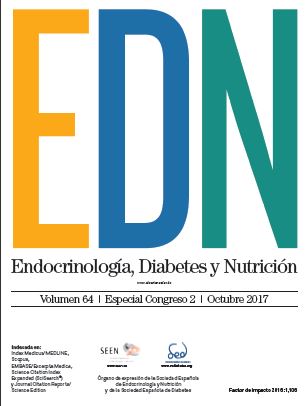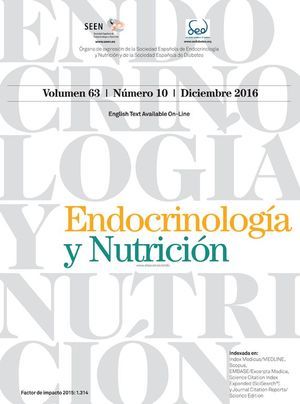299 - EFFECTS OF 2 INTERVENTIONS TO REDUCE STIGMA IN OBESITY IN PSYCHOLOGY STUDENTS: RANDOMIZED EXPERIMENTAL STUDY
Facultad de Medicina y Psicología. Universidad Autónoma de Baja California. Mexico.
Introduction: A high prevalence of anxiety and depression are associated with stigmatizing attitudes towards obese people. Psychologists play an important role in the prevention and treatment of emotional psychopathology toward people suffering body image stigma. Objective: The aim of the study was to determine the efficacy of two interventions for decreasing implicit and explicit weight bias.
Methods: A randomized control trial was conducted among psychology students. One group was assigned to read an essay and hear a testimony of a person who has been subject to stigmatization by health care personnel (LTI), another group was exposed to play¿reading (PRI) and the third one was the control group without any exposition (C). IAT and Fat Phobia Scale were used to measure the implicit and explicit weight bias, respectively. Both tests were applied before and after the intervention.
Results: The students randomized to the LTI (p = 0.0001), those who were exposed to PRI (p = 0.02), and those from the C had a significant decreased in explicit fat bias at follow¿up. Those who were exposed to LTI had a higher reduction of explicit bias (p = 0.024) than those at the PRI and the C group. In addition, after LTI, students showed a decreased implicit weight bias (p = 0.018) compared to the PRI and C.
Conclusions: There were not changes observed in implicit bias after being exposed neither to a play reading nor among the control group. With both interventions and among the control group a reduction on explicit bias was observed. Replication of this study in other environments is recommended and similar interventions to prevent stigmatization and promote empathy toward obese people.
Acknowledgement: CONACYT student grant.







